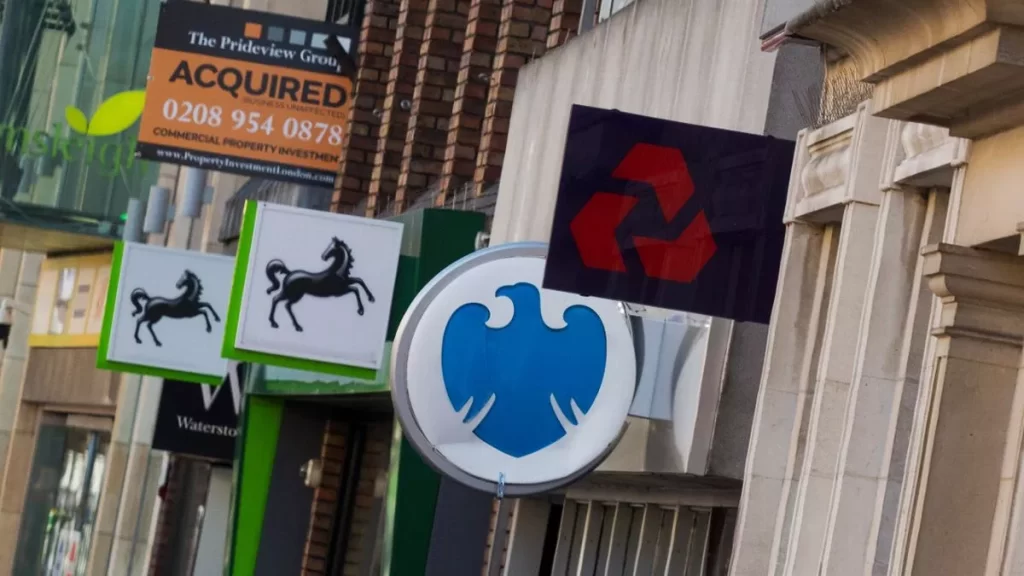The government is stepping up its fight against fraud by granting banks new powers to pause suspicious payments for an additional 72 hours. Previously, bank transfers had to be processed by the end of the next business day, but these new rules now allow banks to delay transactions for up to four days.
This move is part of a broader effort to enhance fraud prevention and protect consumers from fraud. Fraudsters have become increasingly sophisticated, and because of this, victims have lost large sums of money. According to UK Finance, fraudsters stole an alarming £3.2 million each day in 2023.
Combatting the Rise of Fraud
“Hundreds of millions of pounds are lost to scammers each year, targeting vulnerable communities and ruining lives,” said Tulip Siddiq, economic secretary to the Treasury. “We need to protect people better, which is why we are giving banks more time to investigate suspicious payments and stop the criminals behind these scams.”
Fraud now accounts for more than a third of all crimes in England and Wales, making it the most common type of crime. Common scams include phishing, romance scams, investment scams, pension scams, and scams in which fraudsters impersonate trusted organisations.
New Rules Give Banks Time to Act
Ben Donaldson, managing director of economic crime at UK Finance, explained how the new rules would benefit consumers. He said the delay would give payment service providers time to contact customers, provide advice, and prevent them from being coerced by fraudsters. Banks must have reasonable grounds to suspect fraud before they can delay a payment.
Once a payment is paused, they must inform the customer and explain the steps required to unblock it. Additionally, banks will compensate customers for any interest or late payment fees caused by the delay. This ensures that consumers are protected not only from fraud but also from any unintended financial consequences of the delay.
New Protections Against APP Fraud
The government’s announcement is part of a larger push to improve fraud prevention. Just last week, the Payment Services Regulator (PSR) introduced new protections for victims of authorised push payment (APP) fraud, a particularly common scam. In APP fraud, fraudsters trick victims into sending money to what appears to be a legitimate account. UK Finance reports that £459.7 million was lost to APP fraud in 2023 alone.
Under current rules, banks have the discretion to decide whether to refund APP fraud victims based on how much attention they pay to warnings. However, starting on 7 October, banks will be required to refund victims for losses of up to £85,000. This refund must be processed within five days, offering victims quicker relief. Although the £85,000 reimbursement cap is lower than the £415,000 previously proposed, the PSR claims that more than 99% of APP claims will be fully covered under the new limit.
The Devastating Impact of Fraud
Fraud has far-reaching consequences that go beyond financial loss. For many victims, the emotional toll can be overwhelming. Fraud can leave individuals feeling violated, helpless, and ashamed. The psychological impact is often long-lasting, as victims deal with anxiety, stress, and even depression following the scam.
Romance fraud, in particular, can be especially damaging. Fraudsters prey on vulnerable individuals by manipulating their emotions, creating fake relationships, and eventually convincing them to part with their money. Victims of romance scams not only face financial devastation but also emotional betrayal. The feelings of shame and embarrassment can make it difficult for victims to seek help or report the crime.
Take Five to Stop Fraud
To help consumers avoid becoming victims, UK Finance promotes the Take Five To Stop Fraud campaign. This initiative encourages people to take a moment to think before transferring money or sharing personal information. Fraudsters often create a sense of urgency, pressuring victims into acting quickly without thinking. The advice is simple: pause, do your research, and never feel rushed into making a decision.
UK Finance reminds consumers to remain sceptical of anything that seems too good to be true. “Your bank or the police will never ask you to transfer money to a safe account,” the organisation warns. If something feels off, it’s always a good idea to talk to a trusted friend or family member before making a payment.
A United Front
The government’s new rules give banks the power to delay suspicious payments, offering an important tool in the fight against fraud. These measures, combined with increased protections for APP fraud victims, signal a significant step forward in fraud prevention. However, raising fraud awareness and encouraging victims to come forward are equally essential in the ongoing battle against scams. By working together, consumers, banks, and regulators can help reduce the financial and emotional toll that fraud takes on society.
By giving banks the ability to pause suspicious transactions for up to 72 hours, there is more time to detect and prevent fraudulent activity. This extended window is crucial for intercepting high-value transfers, which are common in APP fraud and property scams. The added time to investigate suspicious payments can stop fraudsters before they succeed. This provides stronger protection for consumers and reducing the financial impact of these devastating scams.



